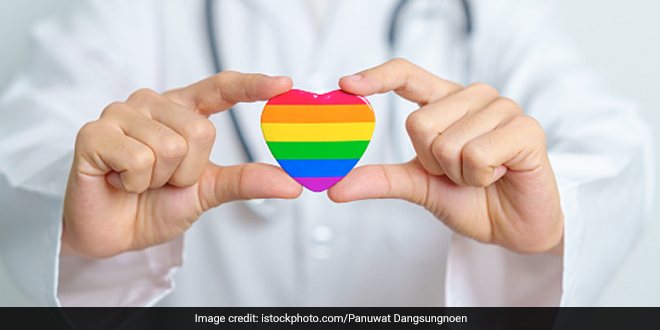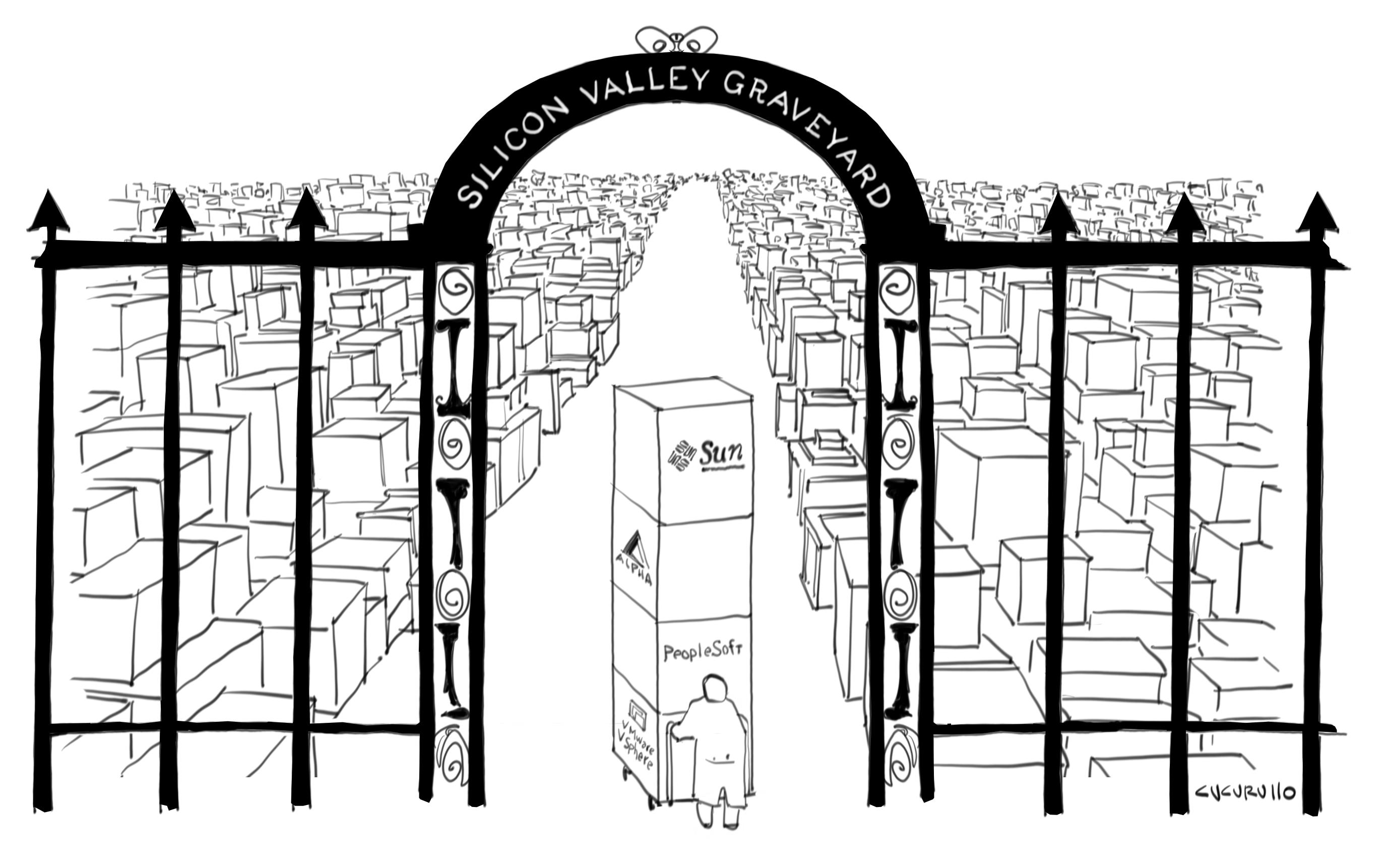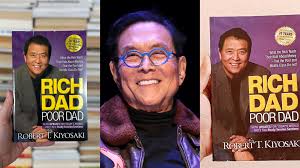A recent study carried out by the Kaiser Family Foundation (KFF), a nonpartisan organization dedicated to health policy research, indicates that LGBTQ+ individuals encounter discrimination at elevated rates compared to their non-LGBT counterparts.
Findings from the 2023 survey highlight that while most LGBT adults report generally positive interactions with healthcare providers, they are twice as likely as non-LGBT individuals to experience negative encounters. Respondents cited instances of having their inquiries disregarded and being denied pain medication by physicians.
Dr. Carey Candrian, a social scientist and associate professor of internal medicine at the University of Colorado School of Medicine, focuses her research on enhancing the care provided to older LGBT individuals, particularly during serious illnesses and end-of-life care.
She underscores the importance of further efforts and research to mitigate discrimination, noting numerous obstacles hindering the delivery of adequate care. Dr. Candrian aims to foster a more inclusive and secure healthcare environment for individuals of all orientations and backgrounds.
Accessing quality care poses significant challenges for many LGBT older adults, especially those living at or below the poverty line. Financial instability and inadequate access to proper healthcare stand out as major obstacles.
According to Candrian, a lack of affirming or safe healthcare providers deters many from seeking routine care, as they fear having to conceal their true selves or identities to receive the necessary treatment. This dilemma is particularly acute within the transgender community, often resulting in avoidance of healthcare services altogether.
The situation worsens for LGBT adults who are disabled, impoverished, non-white, or grappling with mental health issues or addiction, as they are disproportionately subjected to discrimination when seeking medical assistance. KFF's survey indicates that Black or Hispanic individuals, those under 30, and women identifying as LGBT are more likely to encounter discrimination compared to their non-LGBT peers.
Candrian emphasizes that the blend of apprehension and an inherently exclusive healthcare system, historically tailored for straight, white, and cisgender individuals, creates immense barriers to speaking out. Furthermore, the absence of safeguards against care refusal based on personal biases compounds these challenges.
Navigating Healthcare as an LGBTQ Individual: Challenges and Solutions
This passage dives into the distinct healthcare obstacles faced by LGBTQ communities. It highlights the higher prevalence of certain health conditions like osteoporosis, various cancers, and mental health disorders among LGBTQ individuals. The alarmingly high suicide rates, particularly among transgender people, further underscore the need for comprehensive and culturally competent healthcare.
Discrimination within healthcare settings emerges as a significant barrier. Fear of mistreatment can lead LGBTQ individuals to postpone or forgo seeking medical attention altogether. This can have serious consequences, as untreated medical issues can worsen and even contribute to cardiovascular problems. The stress of navigating a discriminatory environment further compounds these health risks.
The text identifies the current practice of not routinely asking about sexual orientation and gender identity as a root cause for the lack of understanding of LGBTQ-specific healthcare needs. This "culture of silence" can lead doctors to overlook crucial details that could influence treatment plans.
To bridge this gap and create a more equitable healthcare experience, the passage proposes several solutions. First, it emphasizes the importance of healthcare providers routinely asking about sexual orientation and gender identity during consultations, similar to how they inquire about race and ethnicity. However, this practice must be coupled with sensitivity training to ensure a safe and inclusive environment for patients to disclose this information. Finally, adopting inclusive language throughout communication reinforces a welcoming atmosphere for LGBTQ patients.
The passage concludes with a broader call to action. It encourages everyone to be mindful of the language they use when interacting with LGBTQ people, not just in healthcare settings, but in all aspects of life. By fostering a more inclusive environment, we can create a path towards improved health outcomes for LGBTQ communities.












0 Comments